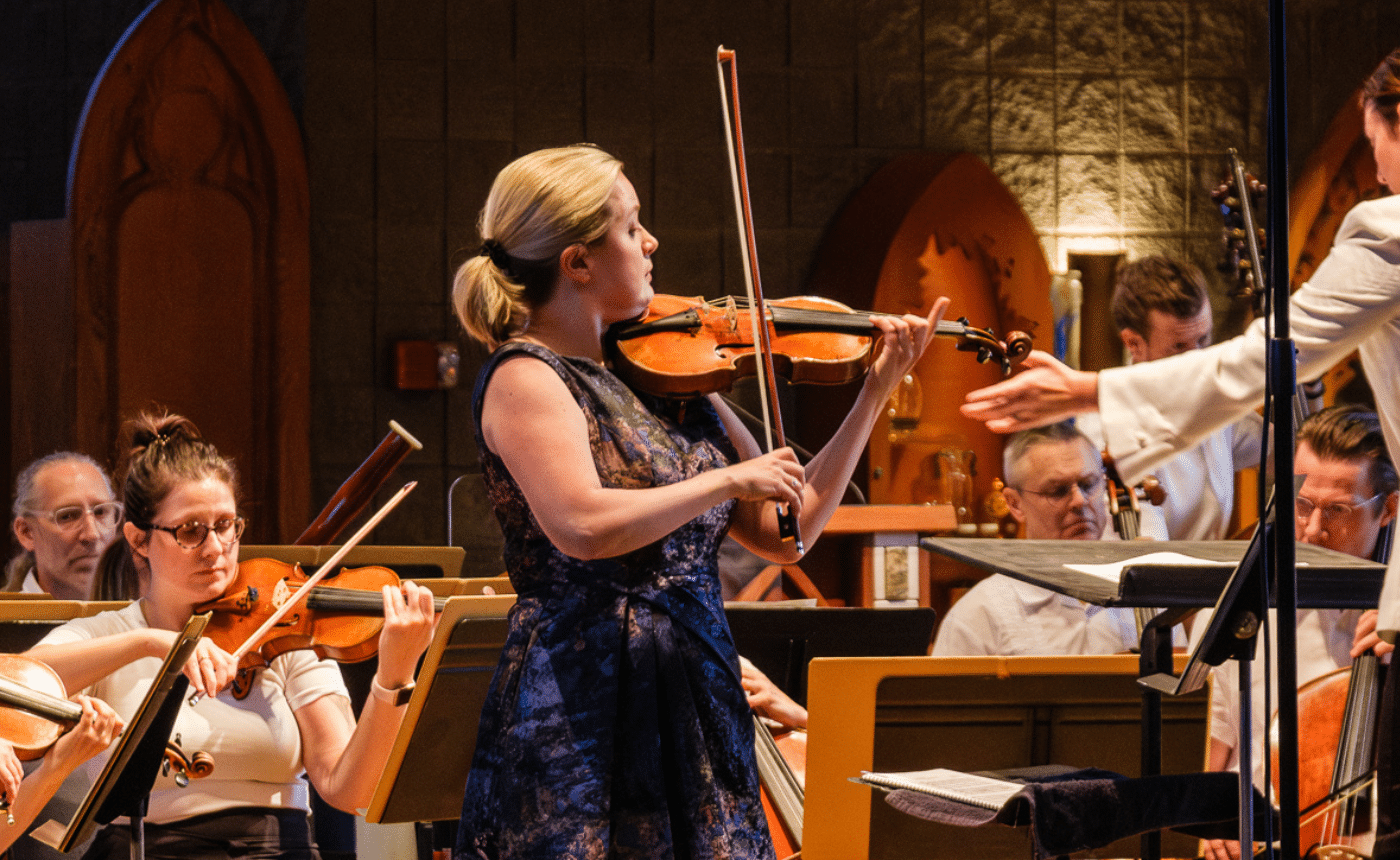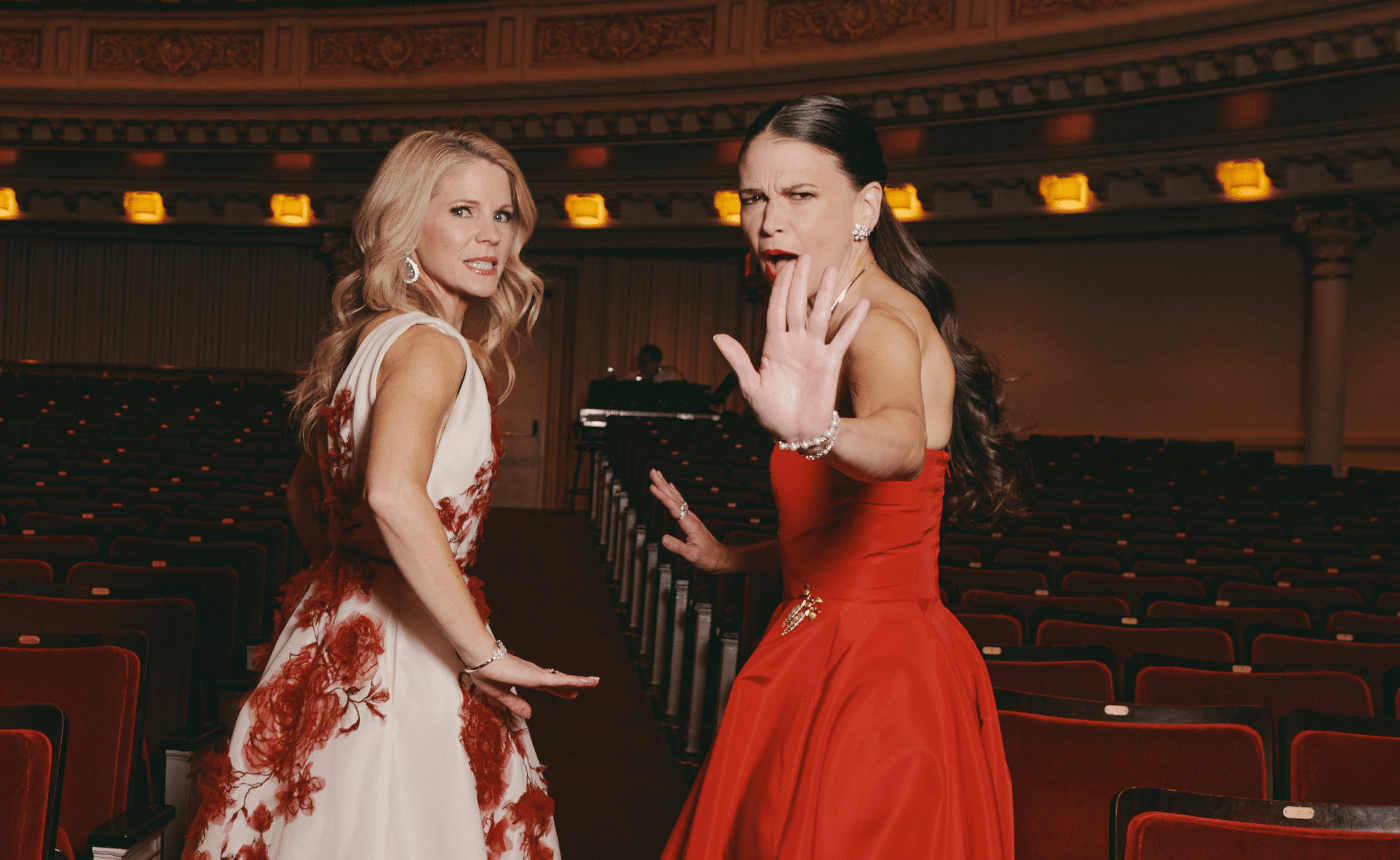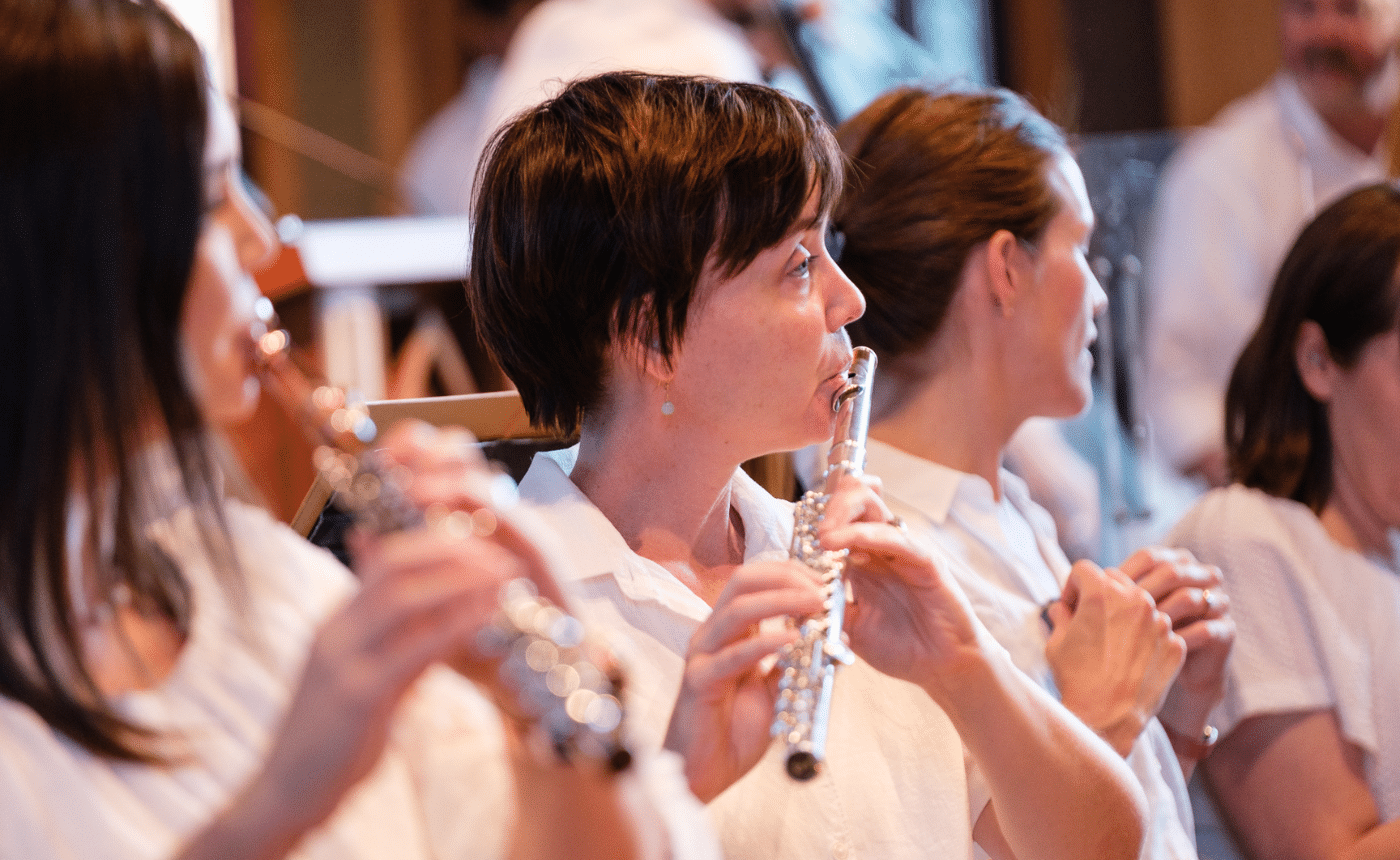Beethoven – Symphony No. 4 in B-flat Major
Written by Jeff Counts
Instrumentation: flute, 2 oboes, 2 clarinets, 2 bassoons, 2 horns, 2 trumpets, timpani, strings
Duration: 34 minutes in four movements.
THE COMPOSER – LUDWIG VAN BEETHOVEN (1770-1827) – The latter half of 1806 was productive for Beethoven, a composer for whom the fits of quantity in his professional life were perpetually tethered to the regular variations of quality in his personal life. After a bit of a creative lull, due in large part to the all-consuming work of FIDEIO and the ultimately unsuccessful relationship with his beloved Josephine, Beethoven was overdue for a burst of activity.
THE MUSIC – In a manner not uncommon over the next two years, Beethoven bundled the premiere of the 4th Symphony with other first performances. A private concert was given in March of 1807 at the Vienna palace of Prince Franz Joseph von Lobkowitz and included not only the new symphony but also the 4th Piano Concerto and the Coriolon Overture. Little was written about the initial reception of the premieres but later commentary indicates that the symphony made a favorable impression on Viennese reviewers, who found it charming if anachronistic by the standards set forth in “Eroica.” The dedicatee of the piece might well provide insight into that frequently voiced opinion. Beethoven completed the piece in late 1806 while in Silesia. He spent some time at the home of Count Franz von Oppersdorff, a man greatly enamored of the composer’s 2nd Symphony. The Count was anxious to commission a new symphony and Beethoven agreeably obliged him with the 4th. Scholars, on purely artistic grounds, posit connections between the 4th Symphony and the earlier, equally “Classical” 2nd (as opposed to the 3rd and 5th) but the fact that this analysis matches so neatly with Count Oppersdorff’s original motivation for the commission cannot be a coincidence. The academic grouping of Beethoven’s symphonic catalogue into odd and even subsets is a well-documented exercise but, in this specific case, it seems reasonable to imagine that the composer had his patron’s ear in mind while he worked.
THE WORLD – The British Parliament voted to ban the trade of slaves (if not slavery itself) in 1807. Napoleon routed the Russians that June, forcing Alexander to make peace with France. In America, Aaron Burr was acquitted of the charge of Treason.
THE CONNECTION – Beethoven’s 4th Symphony is typically among the least frequently programmed parts of the cycle. Utah Symphony last performed it in 2009 under the direction of Thomas Wilkins.












